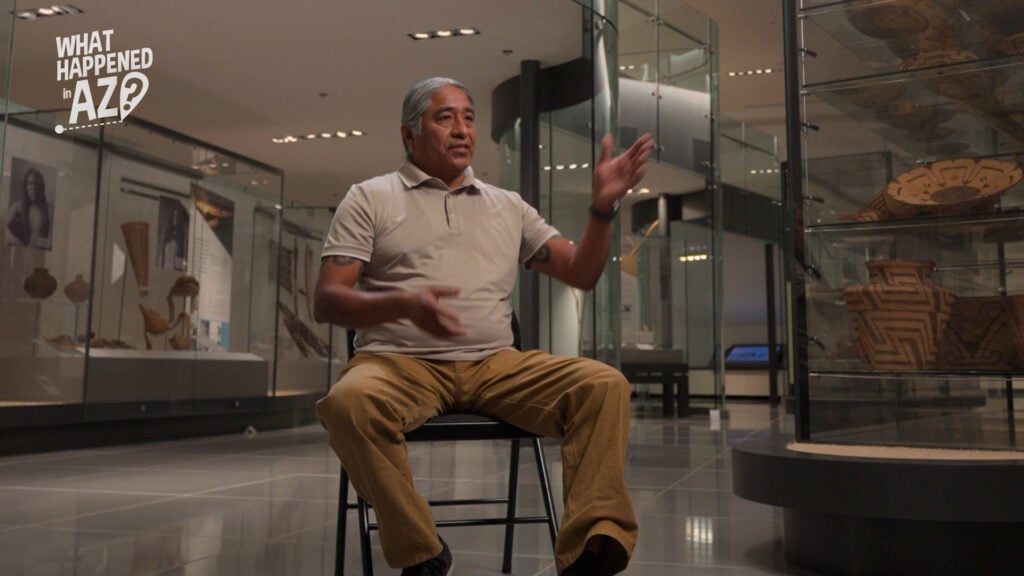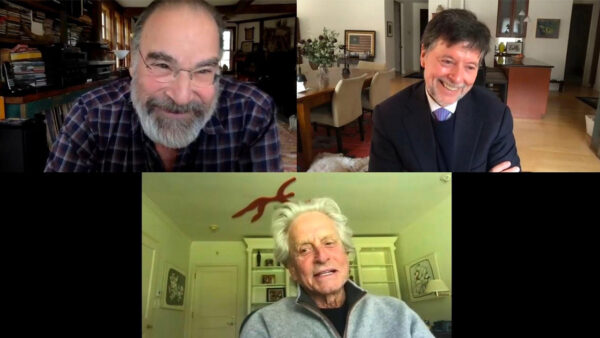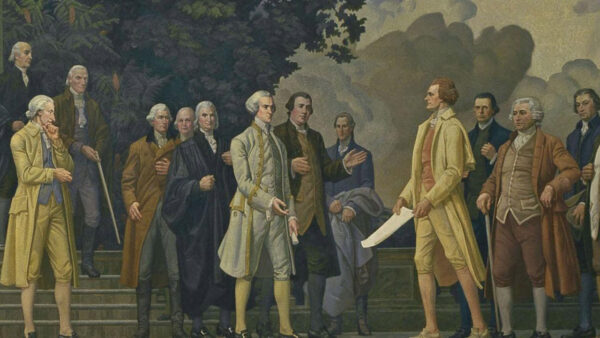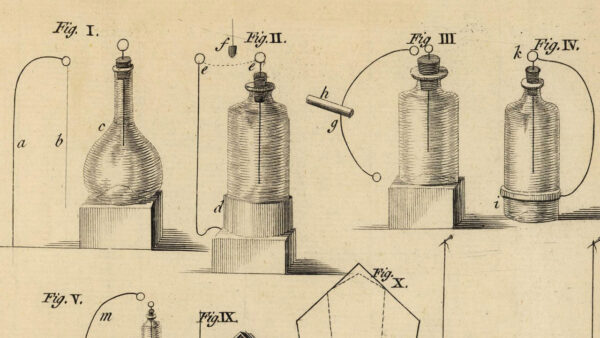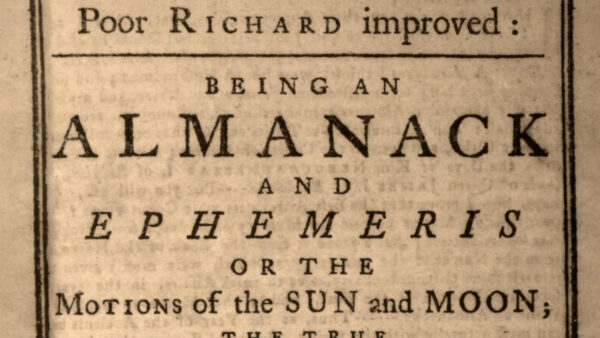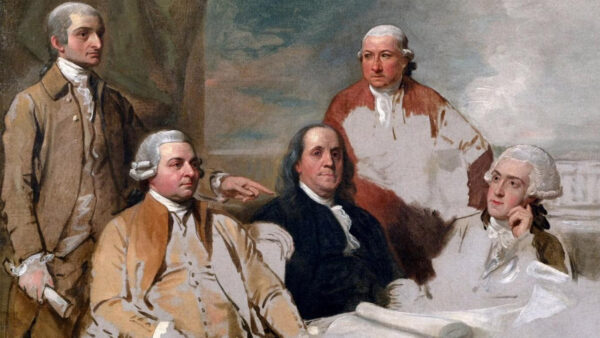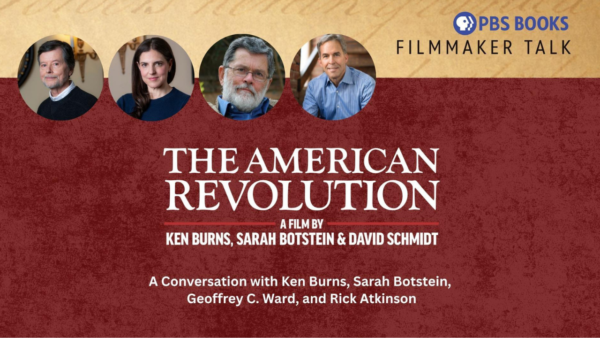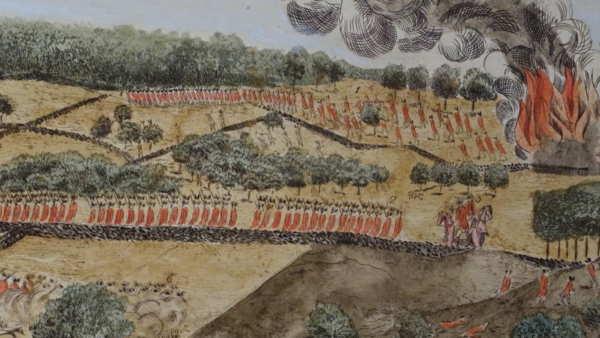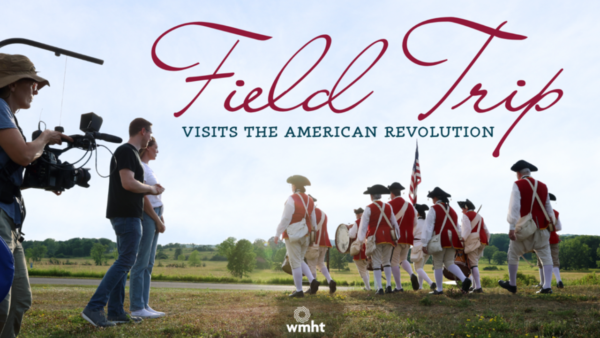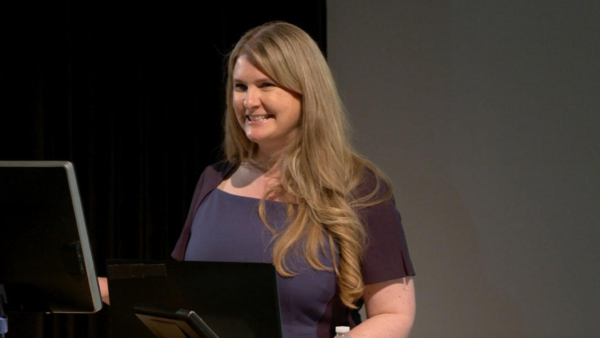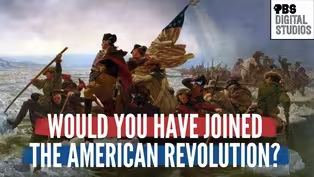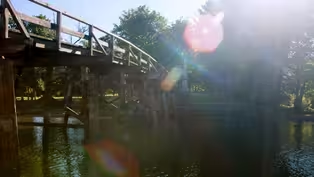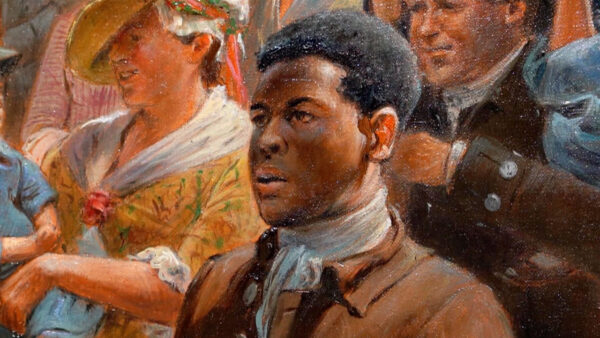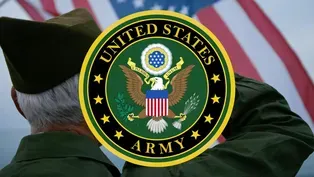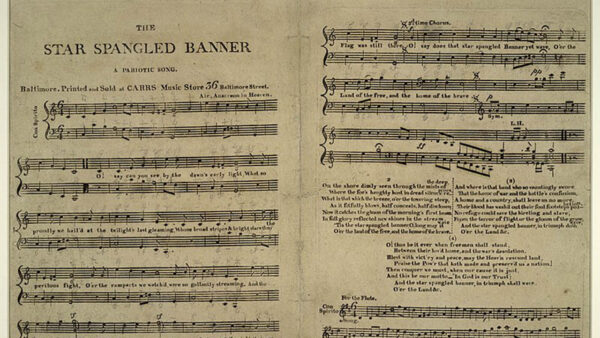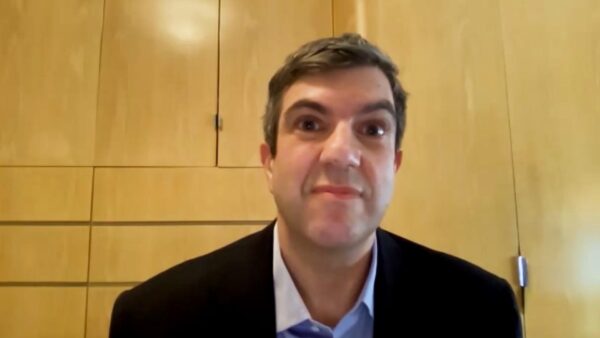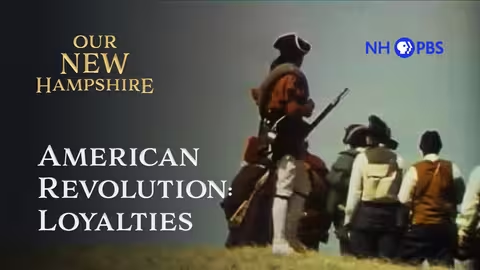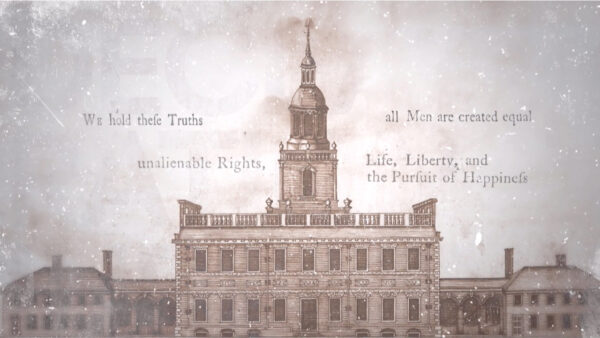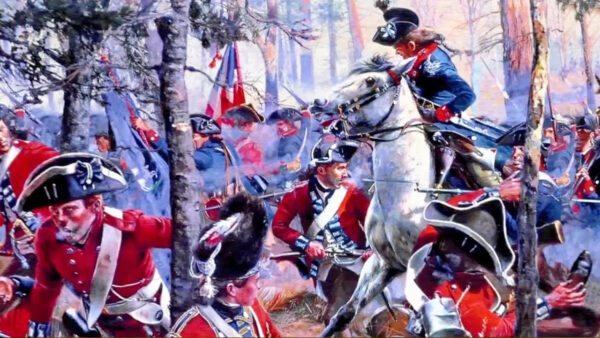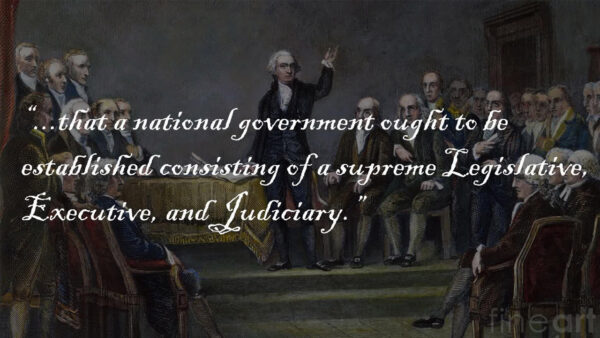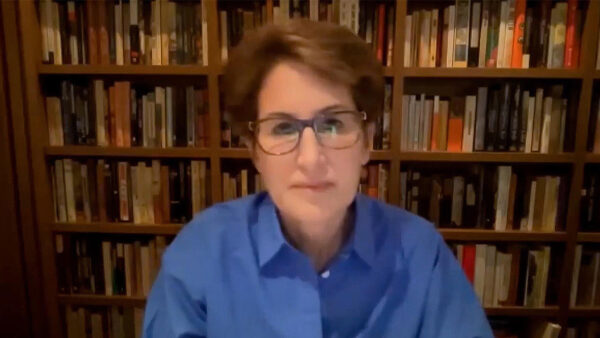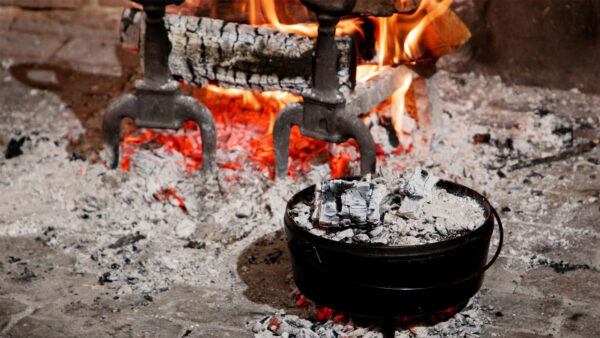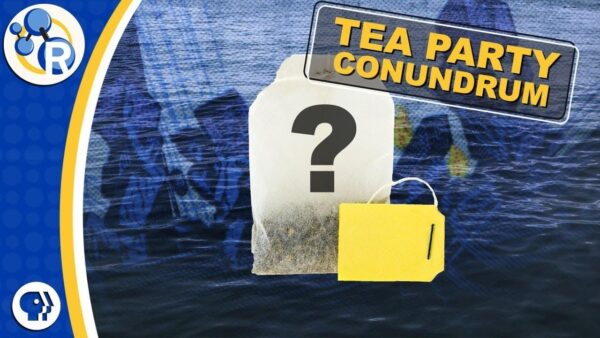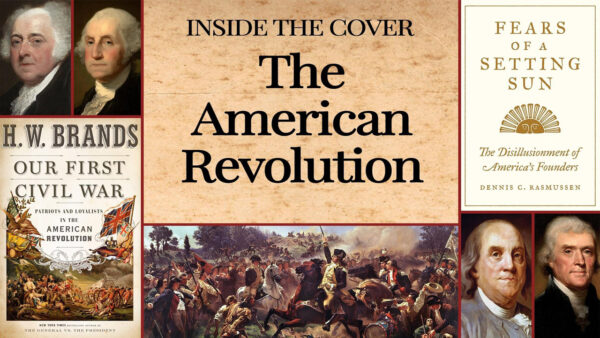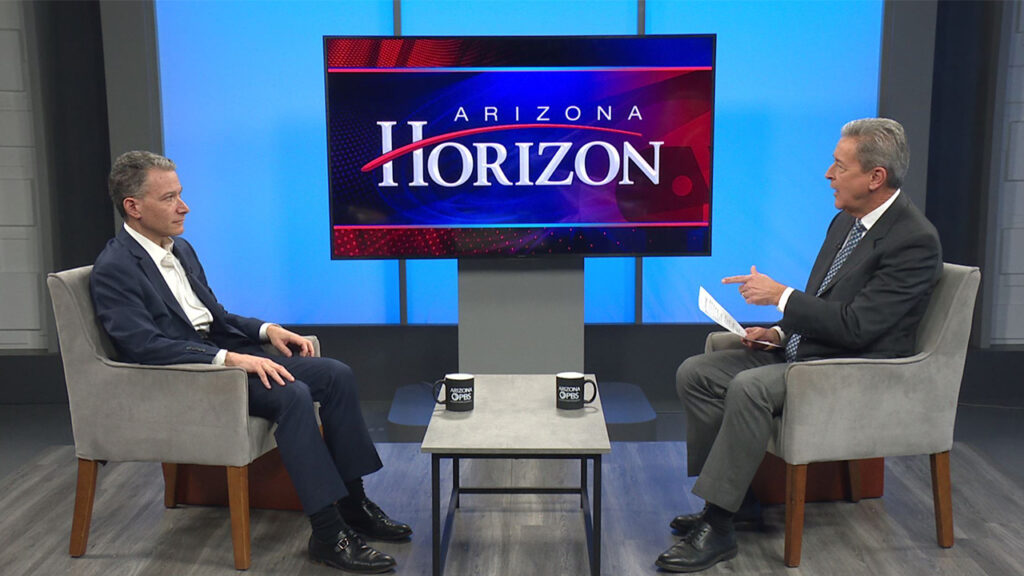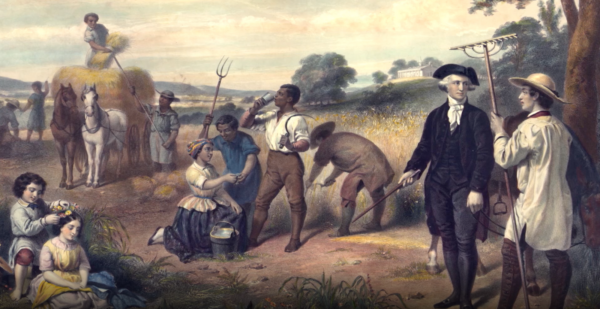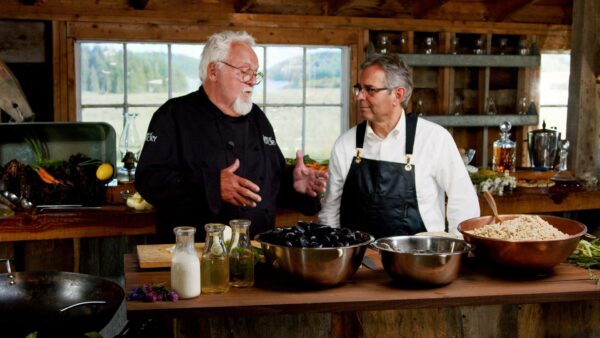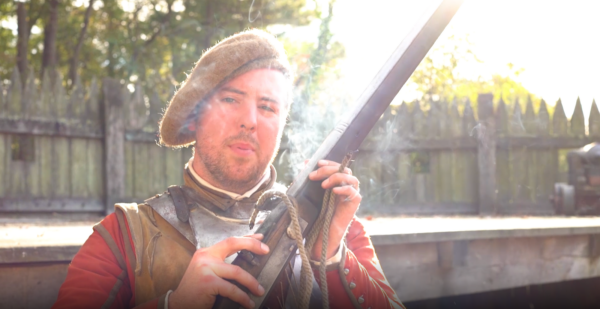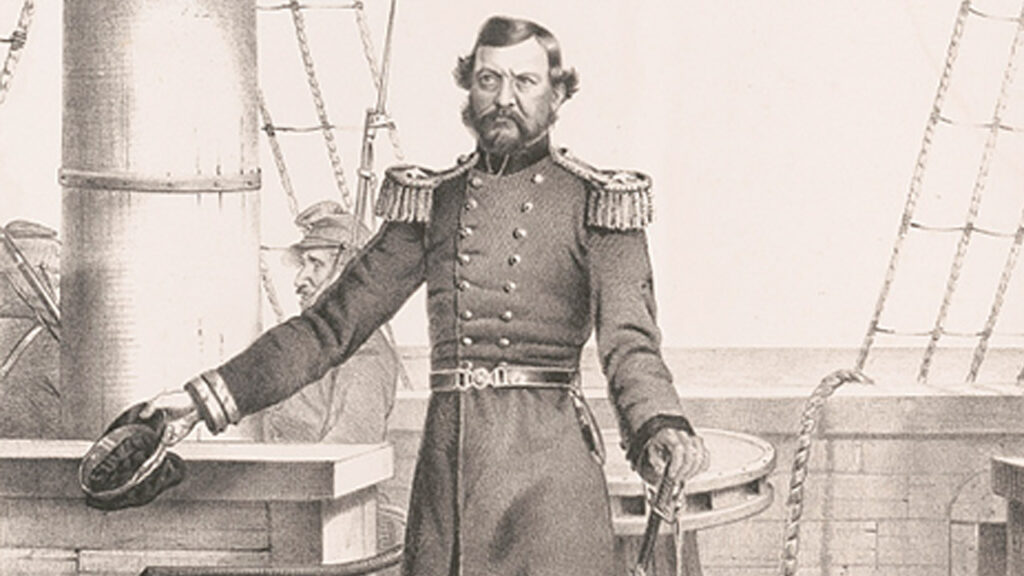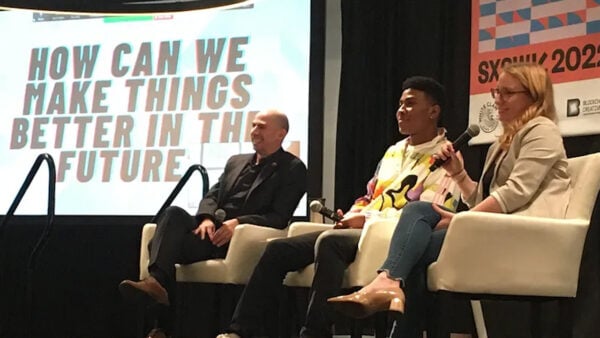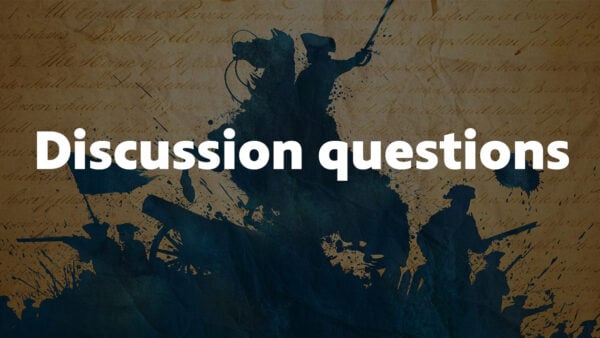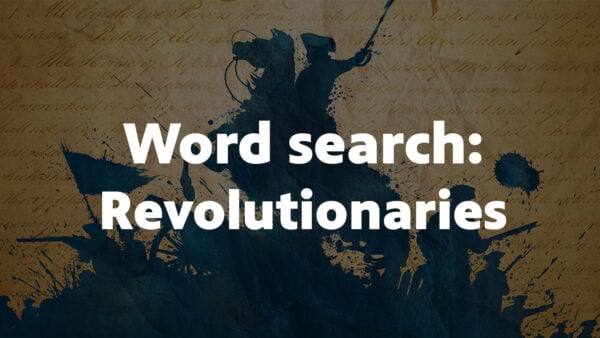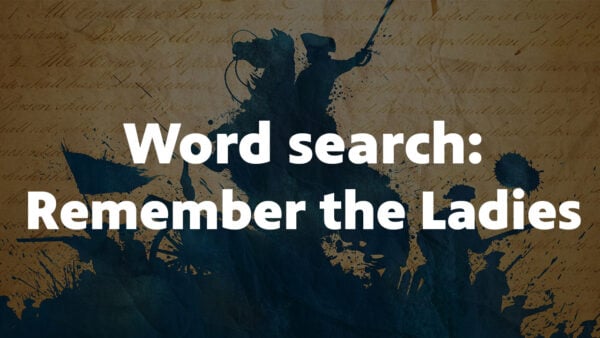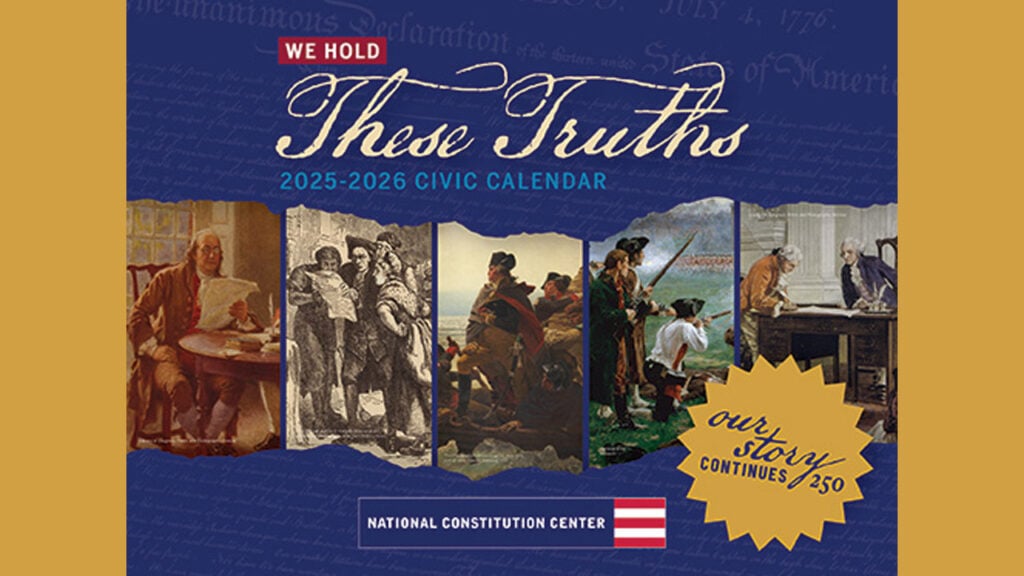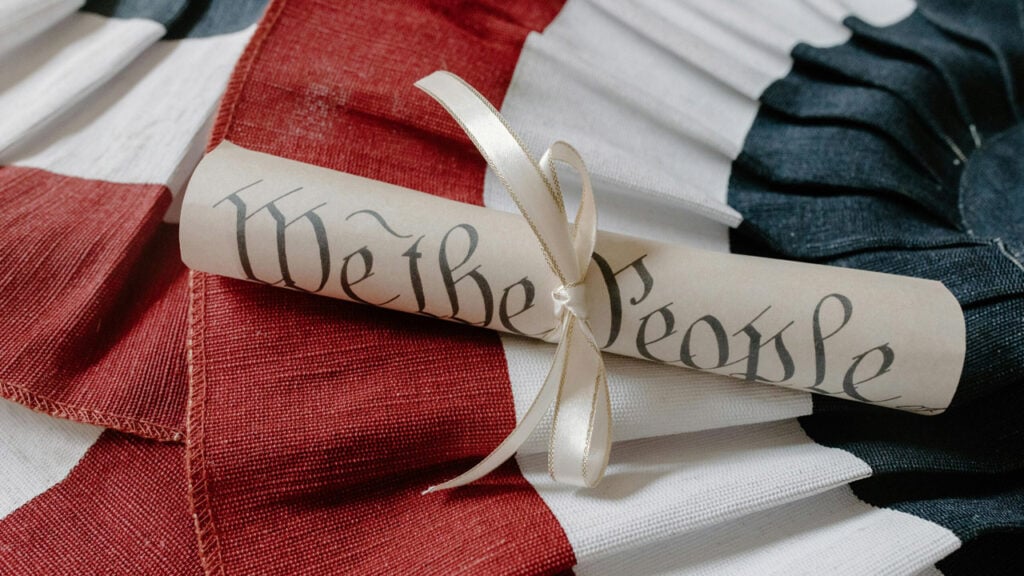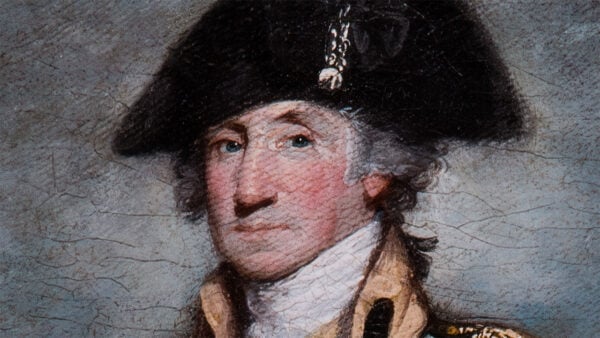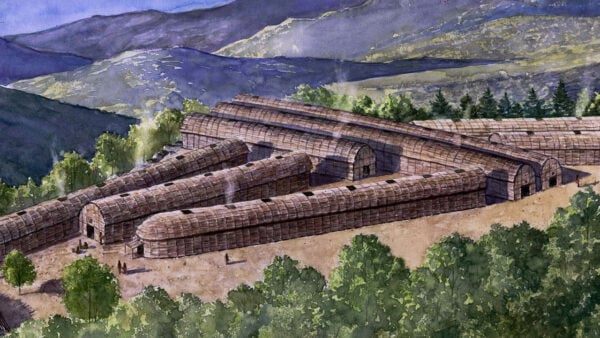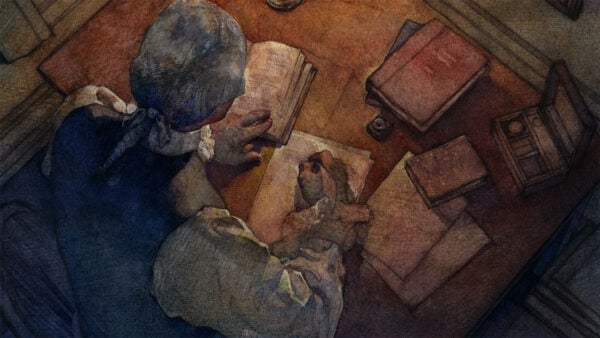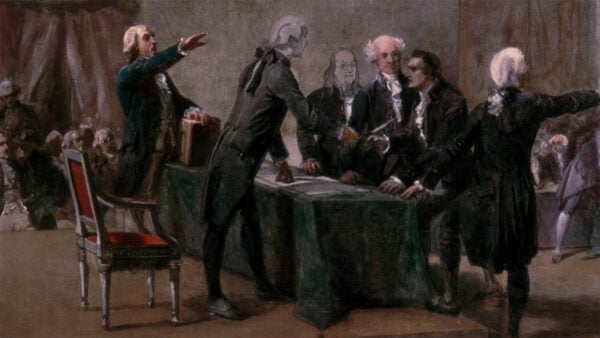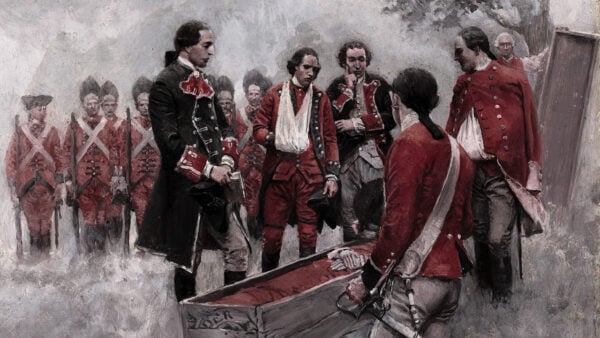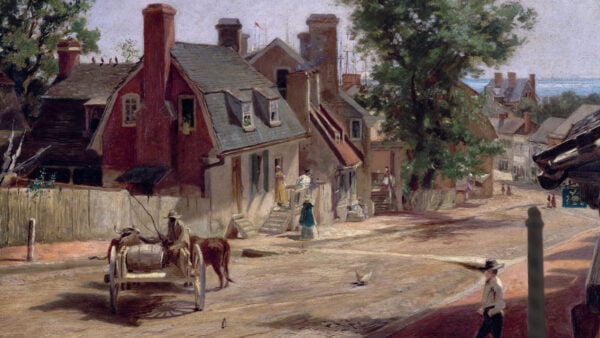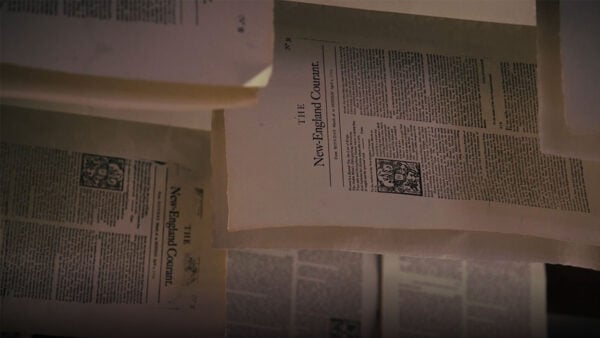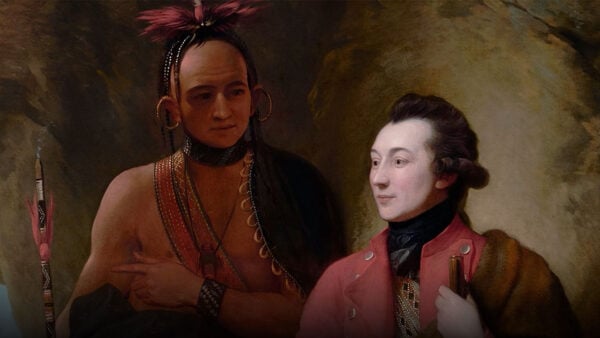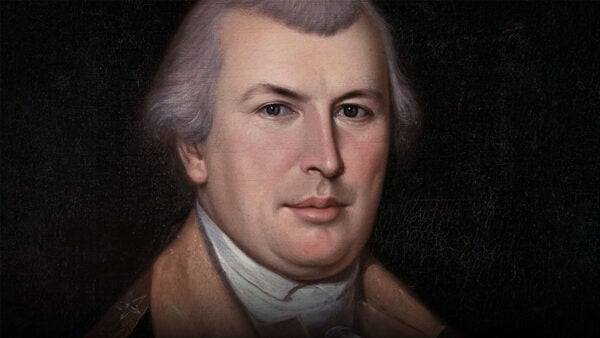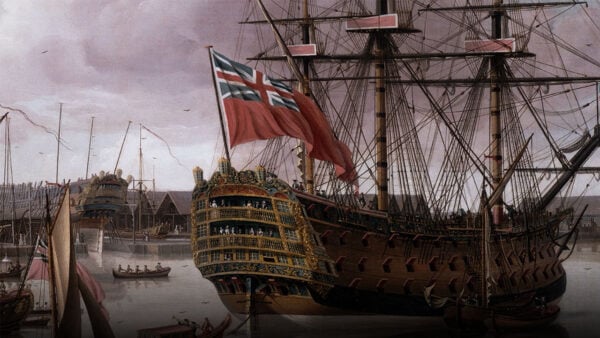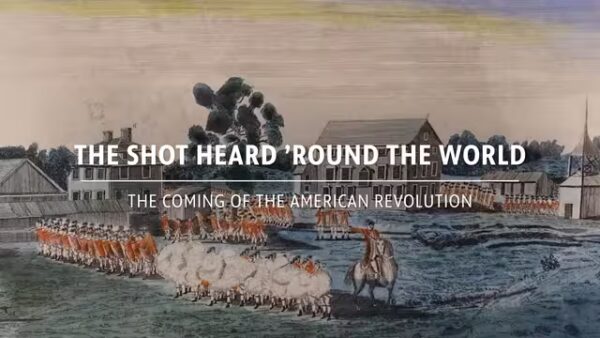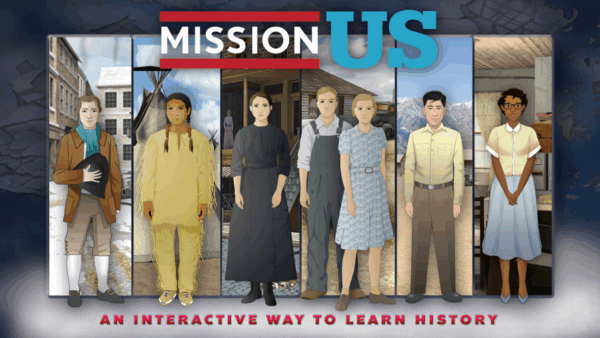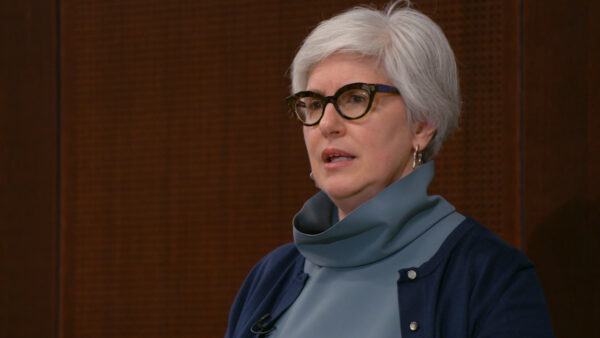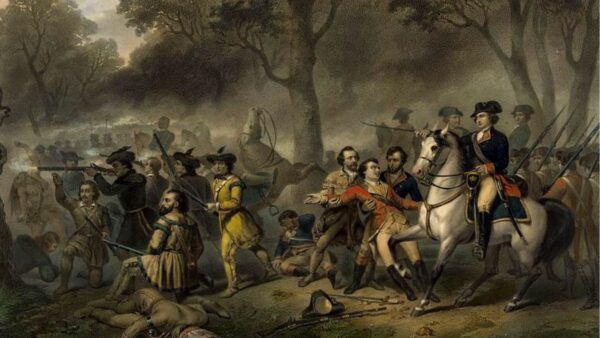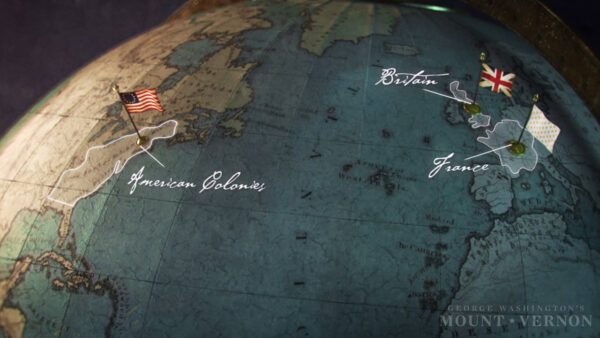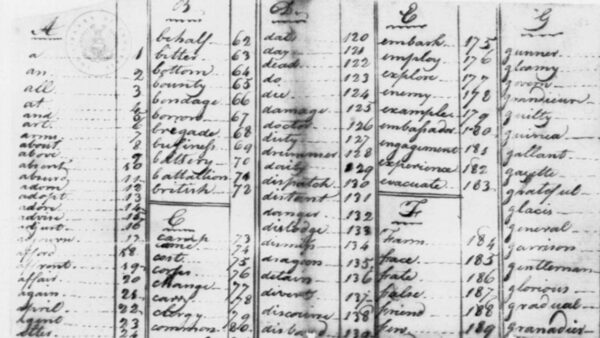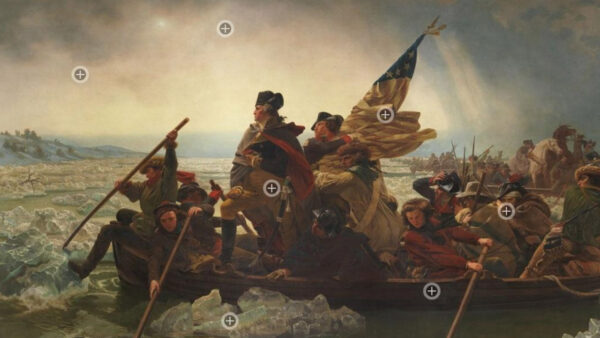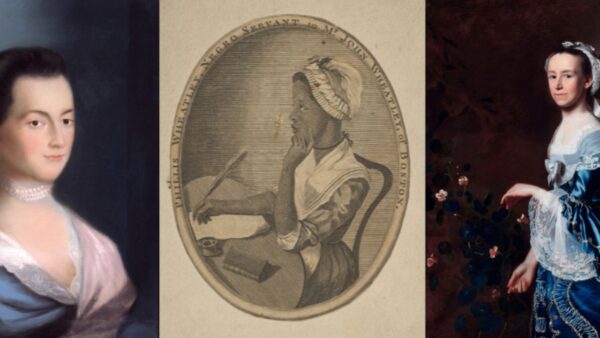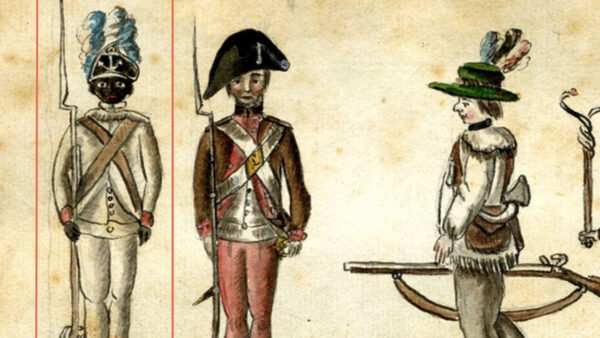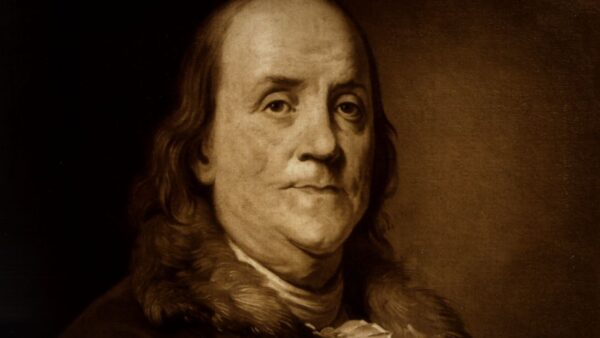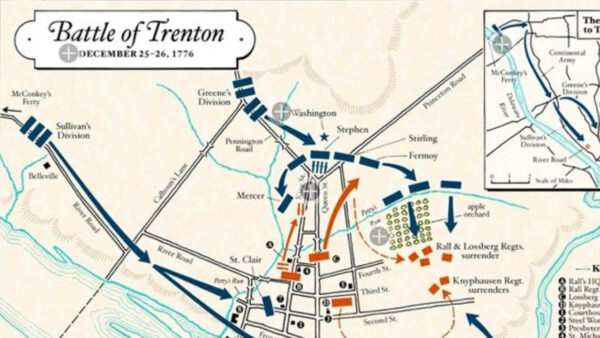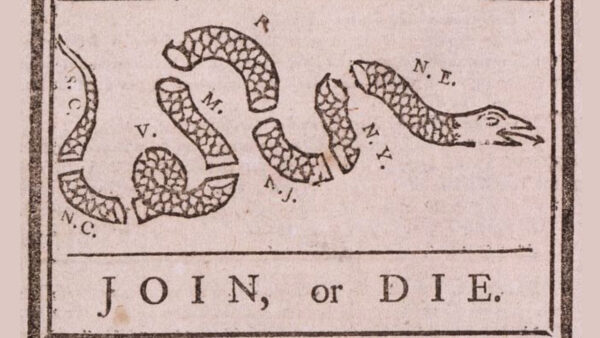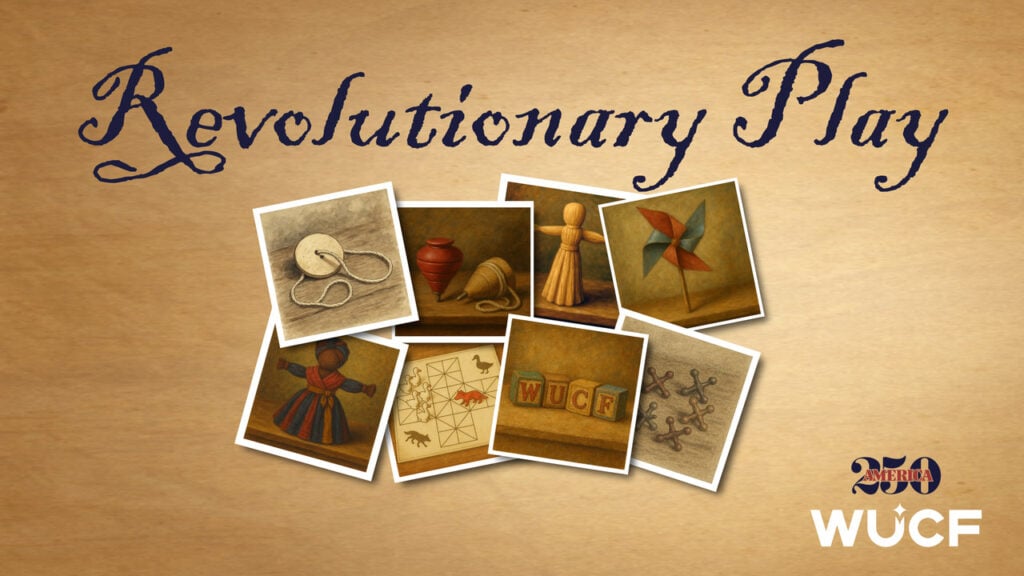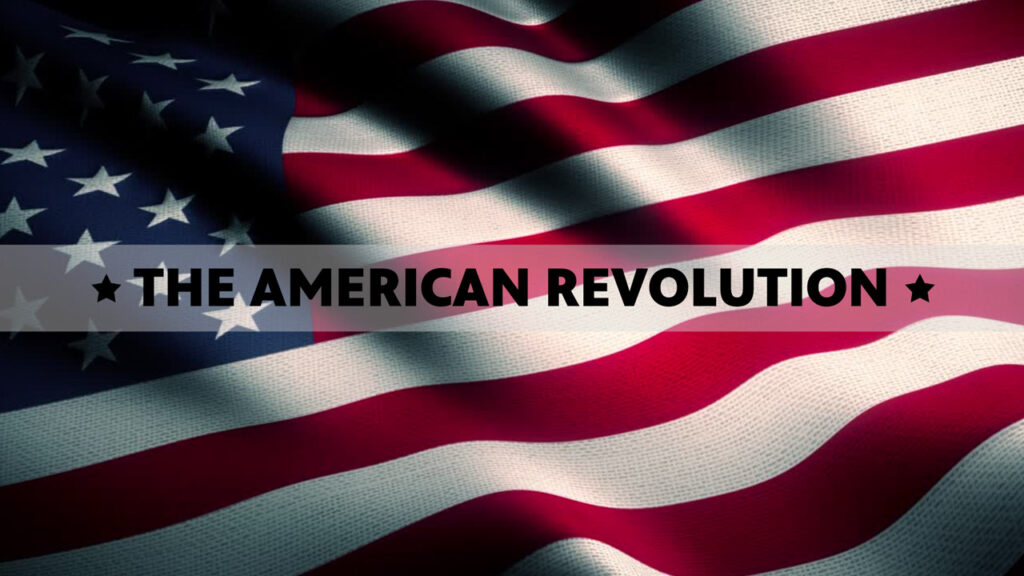 }
}
U.S. History
Learn about the American Revolution with Arizona PBS
Take part in a fascinating exploration of history and science as Arizona PBS commemorates the country’s 250th Anniversary. Explore the founding of the United States, peek into the past with “What Happened in AZ?”, learn about treasured artifacts and the history that defines America.
What happened in AZ?
The Lasting Impact of the Spanish in Southwest USA
Feb. 27
During the 1700s, Spanish explorers, settlers and missionaries significantly shaped the region that is now Arizona. Traveling north from New Spain (present-day Mexico), they established presidios and missions that became centers of religion, agriculture and governance.

Learn about the American Revolution with PBS
a film by Ken Burns
The American Revolution
“The American Revolution,” a film by Ken Burns, Sarah Botstein and David Schmidt, examines how thirteen British colonies on the Atlantic Coast rose in rebellion, won their independence and established a new form of government that radically reshaped the continent and inspired centuries of democratic movements around the globe.
‘Benjamin Franklin,’ a film by Ken Burns
Ken Burns’ two-part, four-hour documentary “Benjamin Franklin” explores the revolutionary life of one of the 18th century’s most consequential and compelling personalities, whose work and words unlocked the mystery of electricity and helped create the United States.
stream now
SPONSOR MESSAGE:
Rogue History
The Founding Father They Don’t Teach You About
The British government vowed freedom to enslaved people if they could escape and take up arms against their Patriot enslavers. But when the British failed to deliver promised land in Nova Scotia, the Black Loyalists needed a leader to step up, sail across the ocean, and demand a solution. That man would be Thomas Peters, a former prince who escaped enslavement in North Carolina.
Nova
Revolutionary War Weapons
How did a ragtag army defeat the most powerful army in the world to win American independence? Discover the key military technologies that helped propel the colonies to victory, from the Brown Bess musket to the world’s first military submarine.
ARIZONA Horizon
Author inspired by Founding Fathers’ pursuit of happiness
President and CEO of the National Constitution Center, Jeffrey Rosen, joined us to share what inspired him to write his book “The Pursuit of Happiness: How Classical Writers on Virtue Inspired the Lives of the Founders and Defined America.” What started as a COVID reading project quickly spiraled to understanding the nation’s Founding Fathers’ beliefs on happiness and how it shaped our democracy.
SPONSOR MESSAGE:

A unique retelling of the stories of the American Revolution
Student journalists at the Walter Cronkite School of Journalism and Mass Communication at ASU who are part of the New Media Innovation and Entrepreneurship Lab are working on an interactive project telling the stories of ordinary people who stepped up during the Revolution.
Led by Retha Hill, Director of the Lab and also Professor of Practice at the Cronkite School, students discovered most of the names of these ordinary patriots are unknown except by their descendants and genealogists, who gladly shared these incredible stories with the students.
Like Elizabeth Freeman who sued for her freedom from a violent mistress; she not only won in a Massachusetts court but forced the state to reconsider slavery altogether.
These ordinary people were heroes of the American Revolution, now brought to life by the students. With the help of immersive technology and skillful journalism storytellers, ancestors in the third tier of interactivity will be represented as full 3D avatars that are capable of real time conversation.
Watch for information here as the project develops.
In the meantime, watch a video about the making of this unique student project.




Stand on the dock and take part in the Boston Tea Party
The Boston Tea Party is considered the opening volley that eventually led to the American Revolution.
Take part in a re-creation by students from the New Media Innovation and Entrepreneurship Lab, part of their immersive look at the Revolution and the regular people who fought for freedom.
Stand on the dock in Boston Harbor in this interactive 3D rendering.
For more on the commemoration of the Boston Tea Party’s anniversary, visit December16.org.

Civic engagement and downloadable activities
Be a virtual volunteer
Help transcribe Library of Congress documents
Volunteers at the Library of Congress create and review transcriptions to improve search, access and discovery of pages from history. There are various campaigns to choose from, and anyone can contribute.

Lesson plans and activities for kids
classroom resources
Request a civic calendar
Looking for ways to support your learning all year long in the lead up to America’s 250th birthday? This free 2025–2026 Civic Calendar from The National Constitution Center is a month-by-month guide weaving the founding stories of the United States into lessons and discussions. Request your free calendar, and don’t miss their other lesson plans and classroom activities.
blog
Teaching the American Revolution in today’s society: Lessons for the 250th anniversary
The American Revolution is more than a series of battles and documents; it is a living story that continues to shape our nation. As we mark the 250th anniversary of this defining era, educators have a powerful opportunity to go beyond memorization and engage students in exploring how the Revolution’s ideals, conflicts and consequences remain relevant today.
downloadable activities
Being a kid during the American Revolution
During the American Revolution, children found joy in play just as kids do today. Using simple materials like corn husks, scraps of cloth, carved wood or stones, they created toys and games that sparked imagination and laughter. Our friends at WUCF have created how-to pages of how to make and play with simple toys of the American Revolution. Visit their website to download the activities.
